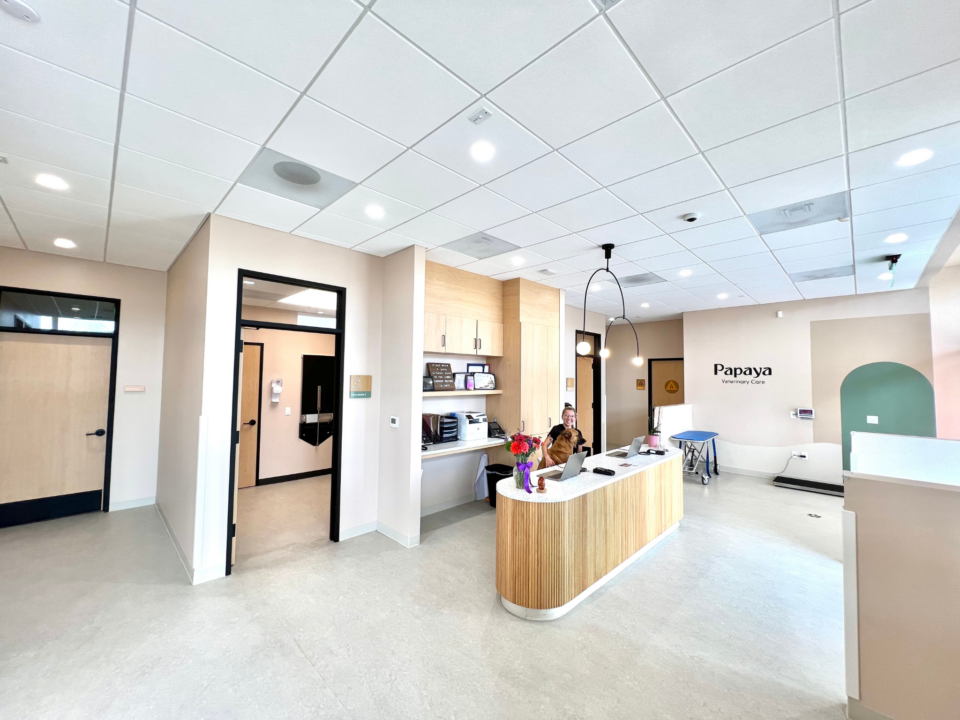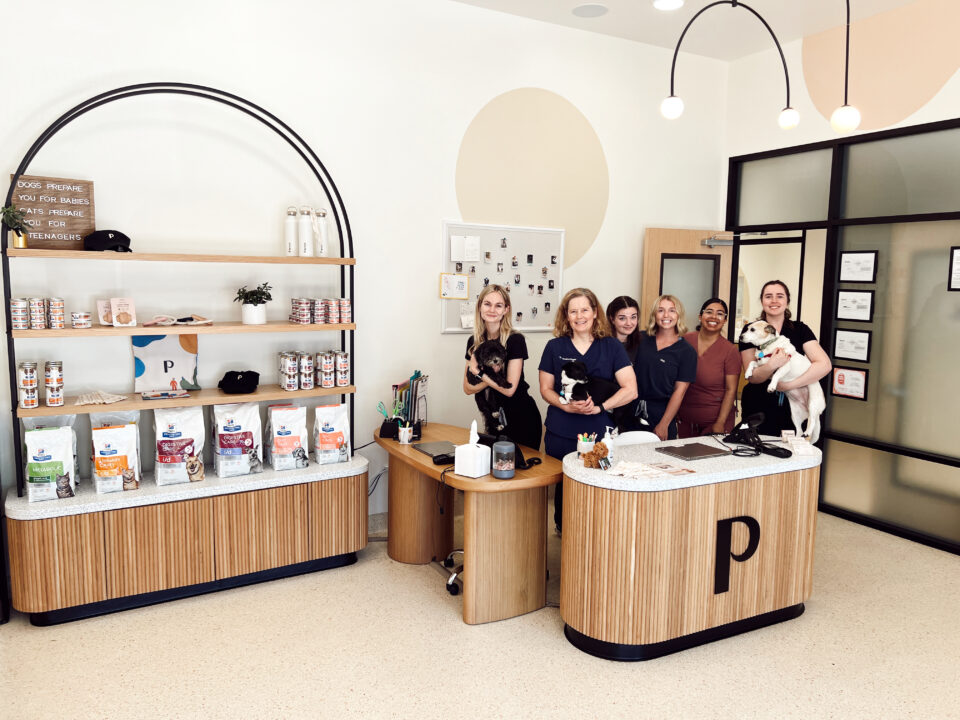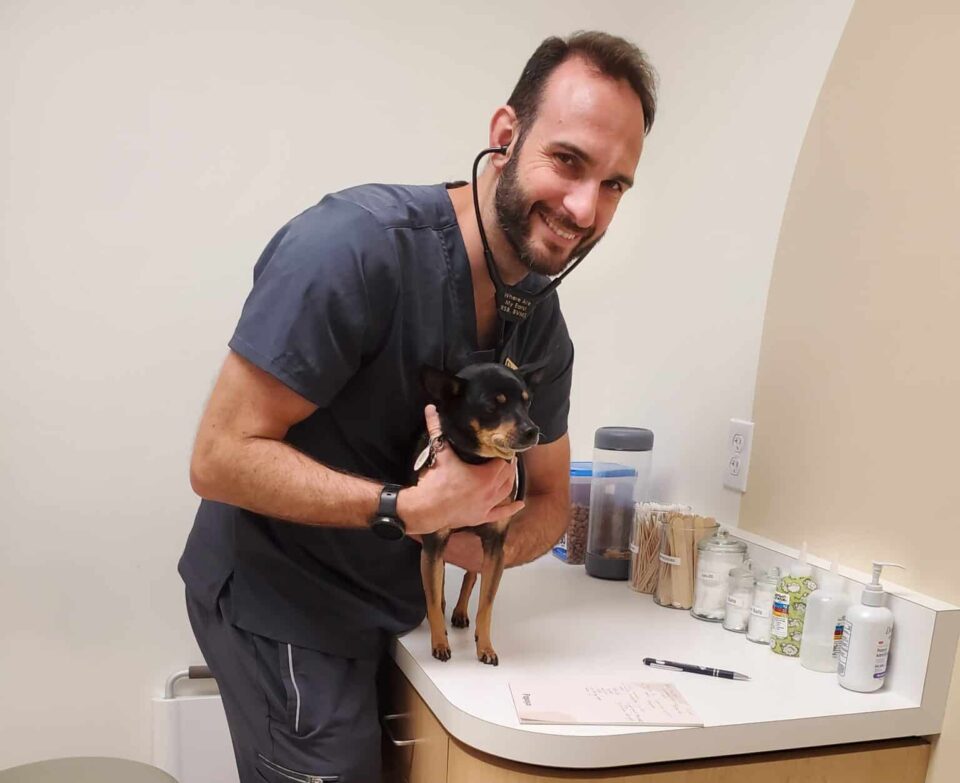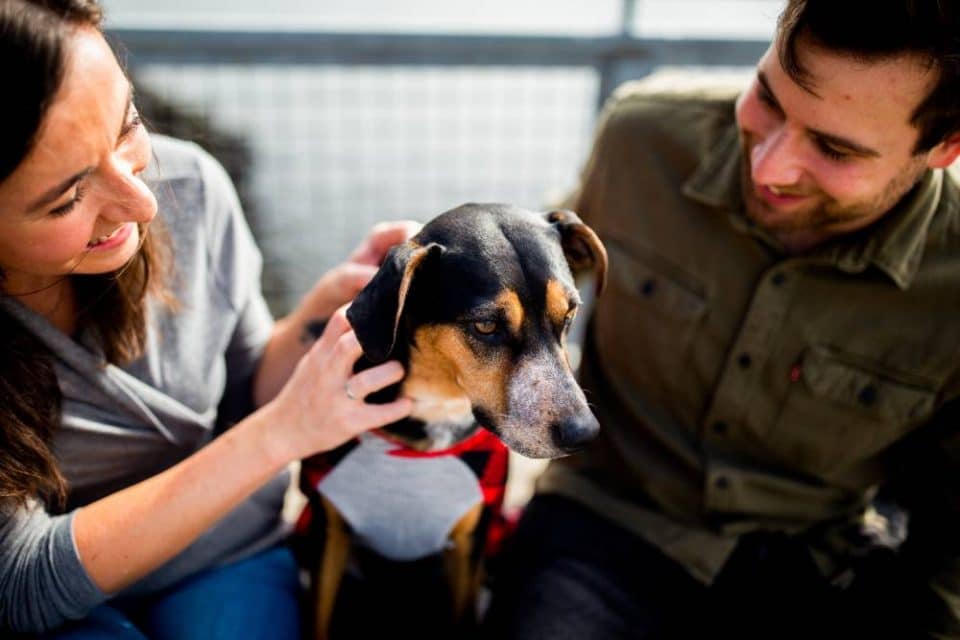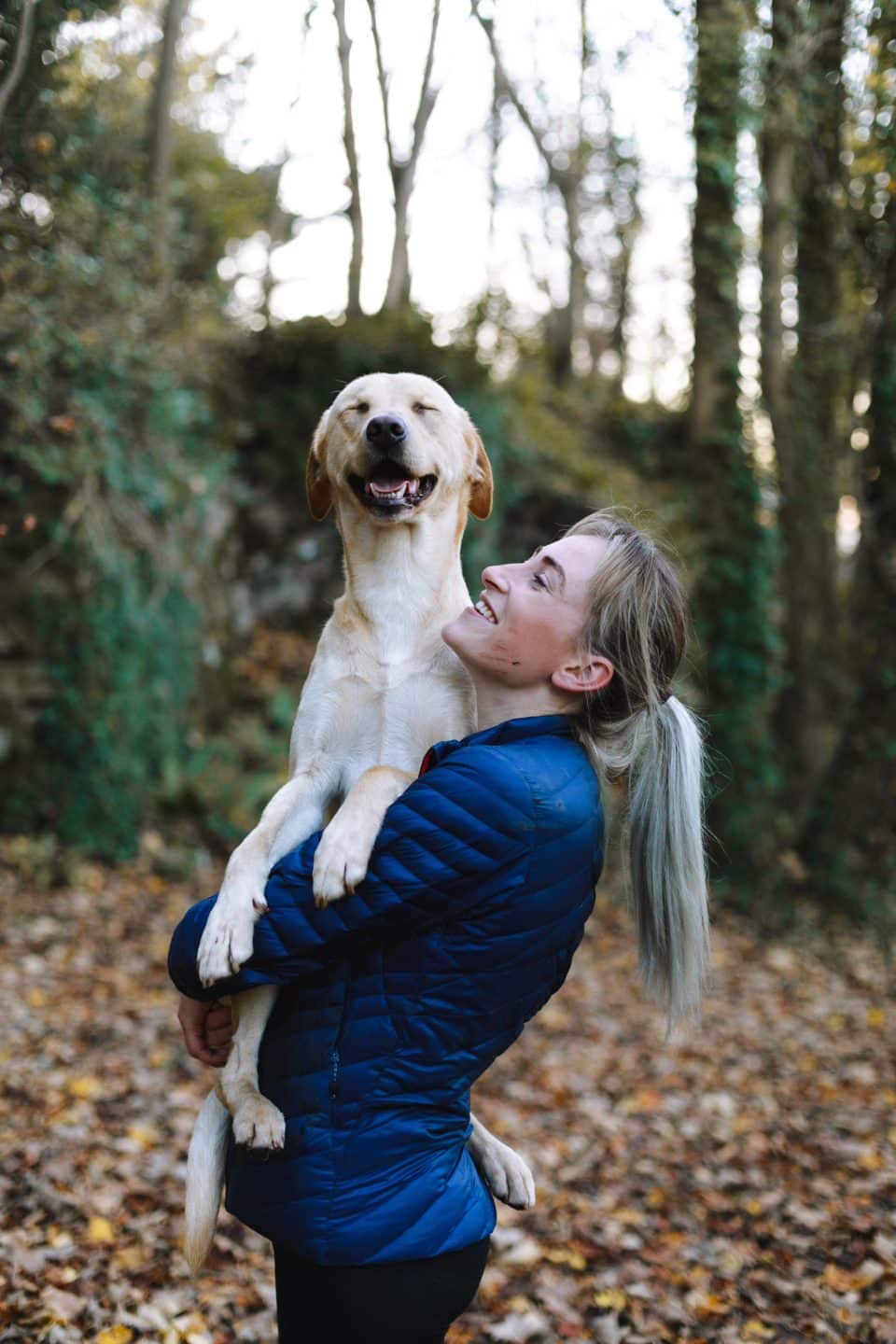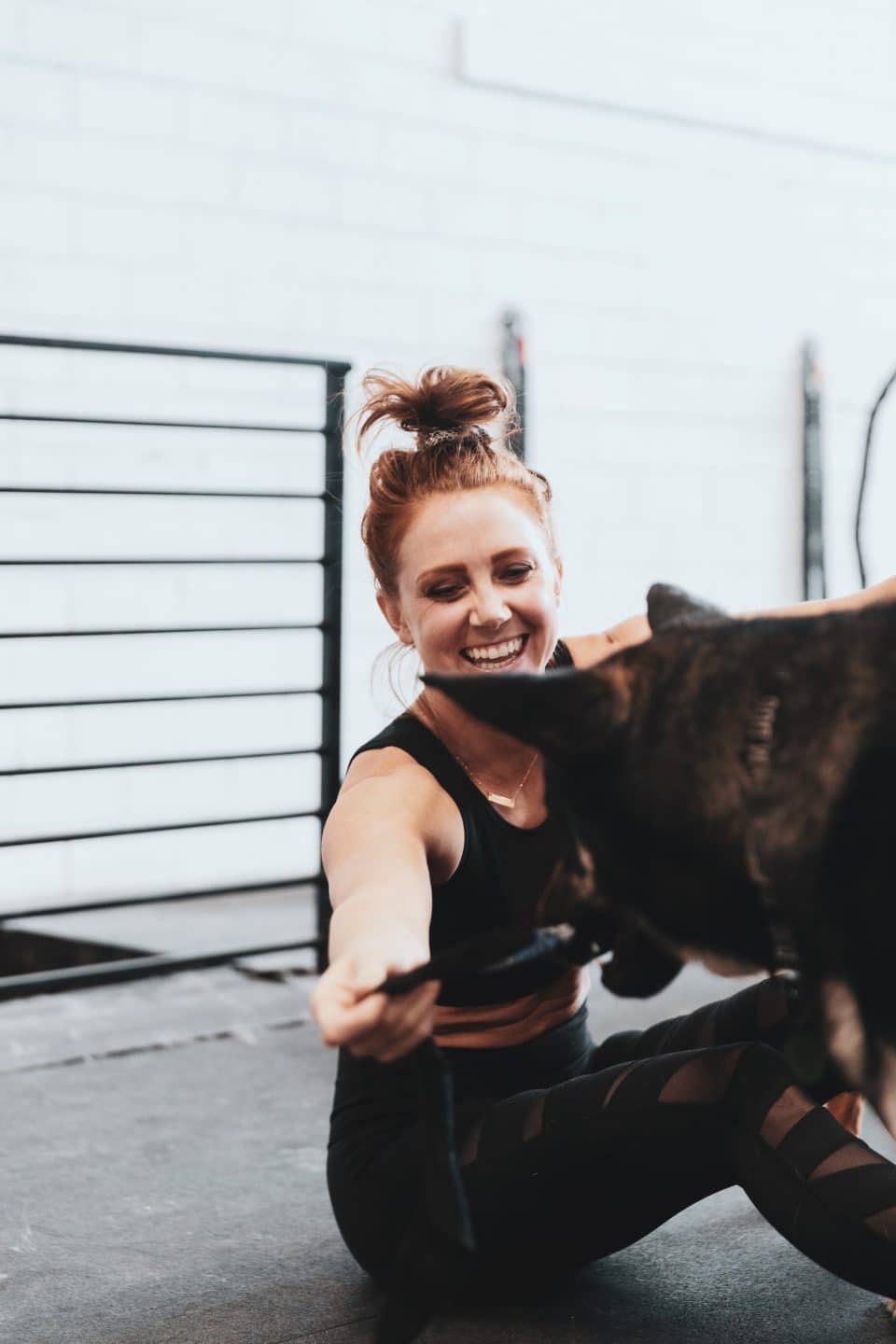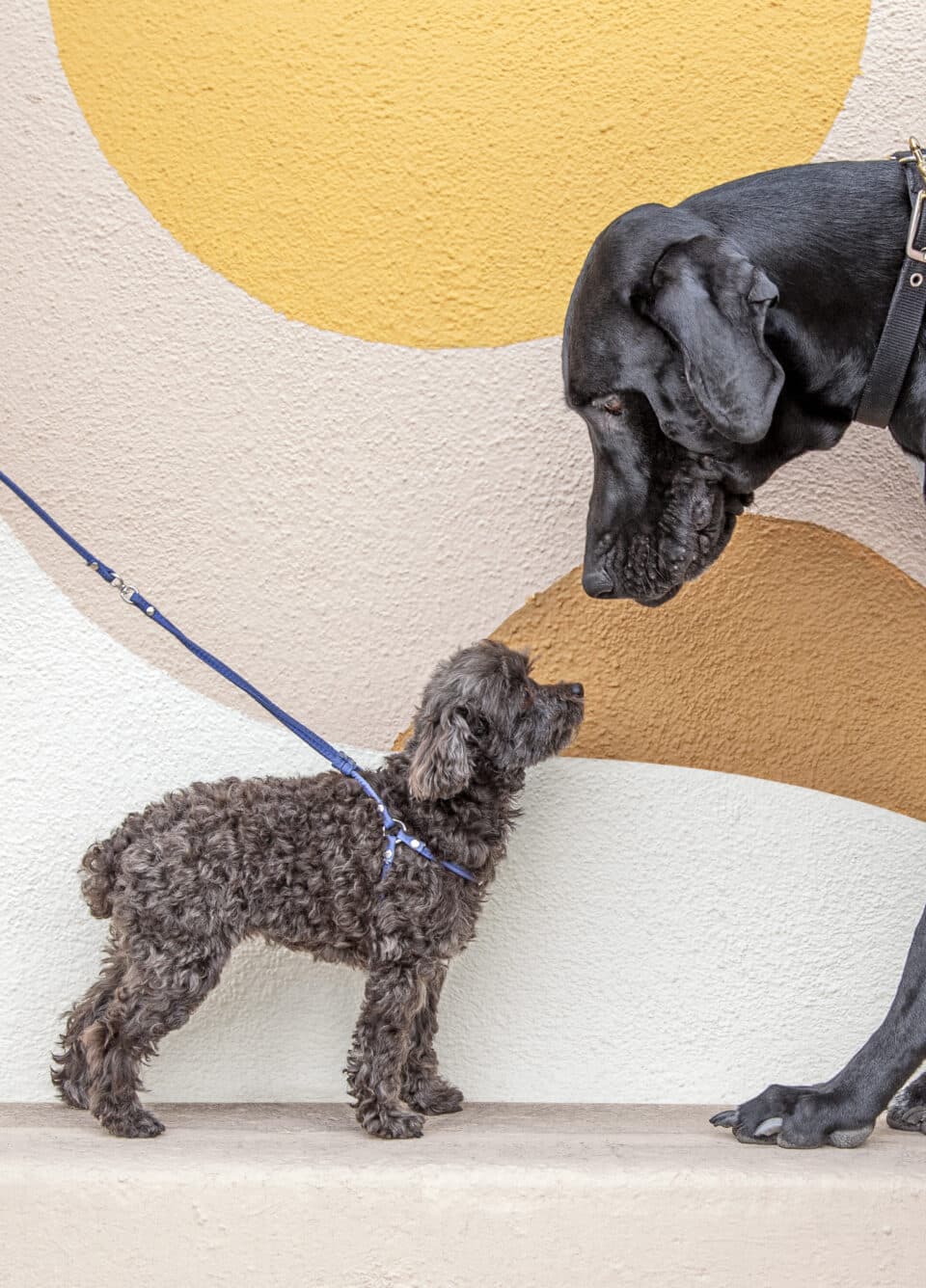Dogs
6 min read
What to Know Before Your Dog is Spayed or Neutered
Published on Jul 5, 2023

Updated Feb 15, 2024
When considering whether or not to spay or neuter your dog, there are many factors to consider. Considering the costs and risks, you should ask yourself, is pet insurance worth it? The average cost to spay a dog and when you can spay a dog can vary greatly depending on the size, age, breed of your pet, and support your pet is provided before, during and after the procedure. In addition to the cost, you must also take into account the recovery time required for your pet, and the best age to spay or neuter them. Here we will discuss these aspects so that you can make an informed decision about whether or not it is right for your pup.
Why spaying or neutering a dog is important
Spaying and neutering are key steps towards becoming a responsible pet owner and contributing to the reducing the number of homeless animals in shelters and on the streets.
The surgical procedure of spaying and neutering are commonly performed on animals in order to remove their reproductive organs, specifically the ovaries and uterus in females (spaying) or the testes in males (neutering).
This serves the main purpose of reducing unwanted pregnancies and, ultimately, the number of homeless pets or abandoned animals. Since these procedures prevent the animal from reproducing, they are less likely to wander around your neighborhood and mate with other animals, which can result in unwanted litter.
Additionally, there are health advantages for the animals undergoing spay/neuter surgery. Female animals that are spayed typically have a lesser risk of getting breast cancer, uterine infection, or other reproductive-related illnesses. Meanwhile, neutered dogs that are males can potentially have decreased aggressive behavior and lower their chances of getting testicular cancer.
The cost of spaying or neutering a dog
According to Lemonade, a pet insurance provider, the cost to spay your dog can range from $250-$2,000. With such a huge range and a lack of education on what is factored into these prices, choosing the right place to have your pet spayed can be stressful for any pet owner. The range of factors which affect the overall cost of the procedure include pet weight, age, where you live and whether they are in heat or pregnant. The biggest driver of cost, however, is how the procedure is performed. The veterinary industry is not regulated to the degree the human field is, therefore there is a massive range in standards of care from hospital to hospital.
For low cost spays and neuters it’s possible the pet will not get an exam or any type of prescreening for risks associated with the procedure. They are also not likely to have an IV, pain medication or much in terms of anesthetic monitoring during the procedure. In other words, low cost spays may not be much different to how they were performed 50 years ago.
For those that range on the upper end, the dog is likely receiving the same level of care a person would receive when going in for a complete hysterectomy (which is what a spay is). This might include blood work prior to the procedure, an IV catheter, IV fluids, a dedicated nurse to monitor the dog while under anesthesia and a dedicated recovery nurse. Some hospitals even provide the option to perform the procedure laparoscopically (a minimally invasive procedure where small incisions are made and a camera is inserted to allow the surgeon to see into the belly).
Why do veterinarians include these services?
- Exam: A nose-to-tail exam before a spay or neuter surgery is done to make sure the pet is healthy enough for the procedure, to plan for the safest anesthesia, and to reduce any risks during and after surgery.
- Bloodwork: This is a test the doctor does to make sure everything inside the body is working right, and that blood will clot (gel up and stop bleeding) during surgery.
- Monitoring Vitals: At Papaya, we keep a close watch on your pet’s heart rate, breathing, blood pressure, body temperature when they are asleep under monitored anesthesia. A special nurse will take special care of your pet and watch them closely during the whole surgery.
- IV Catheter: This is a tube we put into your pet’s vein to give them medicine to help them sleep for the surgery. It’s cleaner, safer and more comfortable than just putting a needle into the vein. If there’s an emergency, we can quickly give your pet medicine through this tube.
- IV Fluid Therapy: This means giving your pet fluids through a tube in their vein. It helps keep their blood flowing well and makes sure they have enough water and electrolytes.
- Hospitalization / Recovery Nurse: After the surgery, your pet goes to a special room with a bed, and a nurse stays with them until they awaken. The nurse makes sure your pet can breathe on their own, swallow, sit up, walk and is looking (mostly) their normal self. 😊
- Pain Injection: After surgeries like spaying dogs, the small incision in their belly may cause pain or discomfort. We give a shot to help stop the pain so it’s easier for your pet when they return home. This shot may decrease recovery time as well.
Spay and neutering recovery time
After your dog has undergone traditional spay or neuter surgery, the recovery process can begin. Depending on the breed, age, and size of your dog, as well as the type of procedure and the veterinarian’s instructions, recovery time can vary.
- Spay (Females): 10-14 days
- Neuter (Males): 7-10 days
It’s important to follow your veterinarian’s instructions for aftercare, as proper rest and care can help speed up the recovery process. Your dog may experience some discomfort or swelling, but if they seem to be in too much pain or seem unusually lethargic, contact your vet right away. The incision area should be kept clean and dry throughout the recovery period and may require some at-home care depending on the severity of the surgery.
Your dog should also be restricted from rigorous activity, such as running and jumping, for a few weeks after surgery. This will help ensure that the incision heals properly and will reduce the chances of complications later on.
Keeping your dog on a leash during your walks with them is also important for a speedy recovery. Keep them away from other rowdy pets in the house and be sure to skip going to the dog park until they heal. Help shorten your dogs spay recovery time as much as possible so that they can get back to their normal activities sooner.
The best age to spay or neuter a dog
For a neutered vs spayed procedure, 6 to 9 months of age is generally the best time to spay or neuter your dog, but it can truly depend on a number of factors.
Generally speaking, the most common recommendation is that puppies should be spayed or neutered at around six months of age. This is usually when their immune systems have developed enough to withstand the surgery.
Some veterinarians may recommend waiting until a dog is 9 months to a year old for larger breeds such as Labradors and German Shepherds. However, spaying or neutering can be done at any age depending on the health of older pets, even after their reproductive years have passed. Again, helping reduce cancer, a life threatening infection or illnesses are still an important aspect of spaying or neutering your beloved pet.
Conclusion
Spaying and neutering your dog is a crucial decision that involves several factors to consider. After the surgery, proper care and rest are essential for a successful dog surgery recovery, which usually takes about 7 to 10 days.
Papaya Veterinary Care offers Spay and Neuter surgeries at our Carmel Valley location. By making an informed decision and taking into account all these aspects, you can become an educated pet owner and ensure the long-term health and happiness of your beloved companion.

